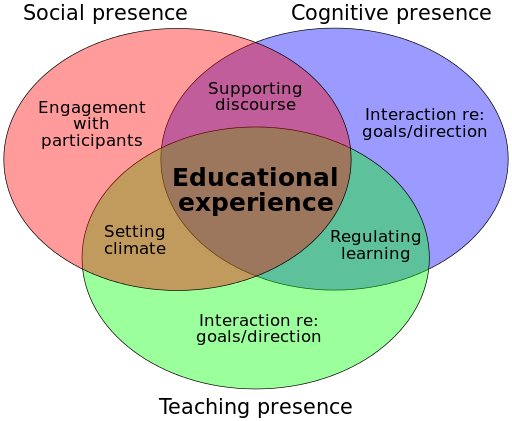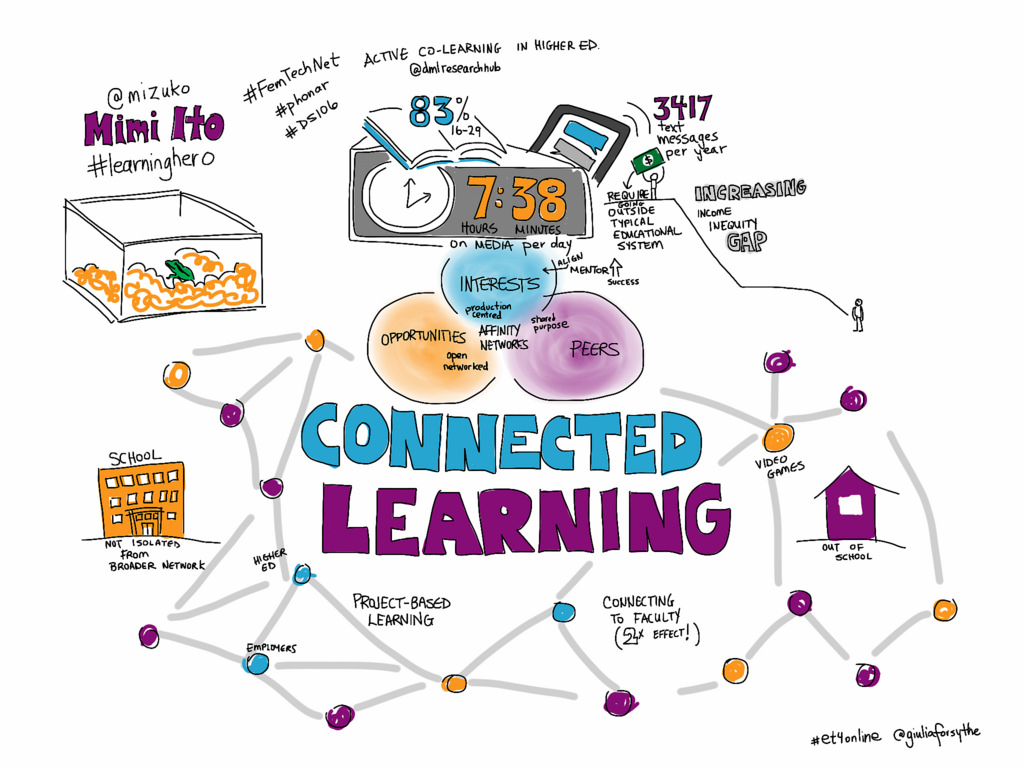Week 1: Overview
Welcome to FLO Design! Each week's Overview book provides some insights into theory and practice.
Week 1 is about getting started - choosing and defining your Design Project - and in recalling or discovering some of the essential theories or concepts about how people learn.
Selecting / Defining Your Design Project
If you can't recall what the Design Project is, please review the description in the Course Handbook - Design Project.
Many of us begin with a task or intention to develop a course, but we don't have a clear idea of the answers to the seven questions: who, what, where, when, why, how, and how much?
To help you get started, we ask you to develop a mission (purpose) statement and be able to share it with others (initially through a paired interview activity). You'll find out more about the Interview activity from your FLO Design facilitators as you begin; you'll also find templates for developing your mission statement or structuring your interview in the Design Projects Documents folder.
How People Learn
This week's focus is both practical and theoretical - it is helpful to understand some of the learning theories and related models or frameworks that can guide your design choices. This book presents some key ideas and a list of references if you choose to go further.Some Definitions
educational design: any design activities that are intended to support learning; we use the term to include both instructional design and learning design. Note: these terms became widely used as more education was delivered with or supported by digital technologies and cloud-based tools.
instructional design: a systematic approach to using what we know about how people learn to guide the selection of instructional strategies or processes to help learners succeed in achieving learning outcomes. In current educational contexts, this also involves the judicious selection and use of technological tools and environments.
learning designer: a more recent term, it indicates an emphasis on the learner and a focus on the learner experience rather than instructional tasks.
learning design:
instructional design:
How People Learn Online

